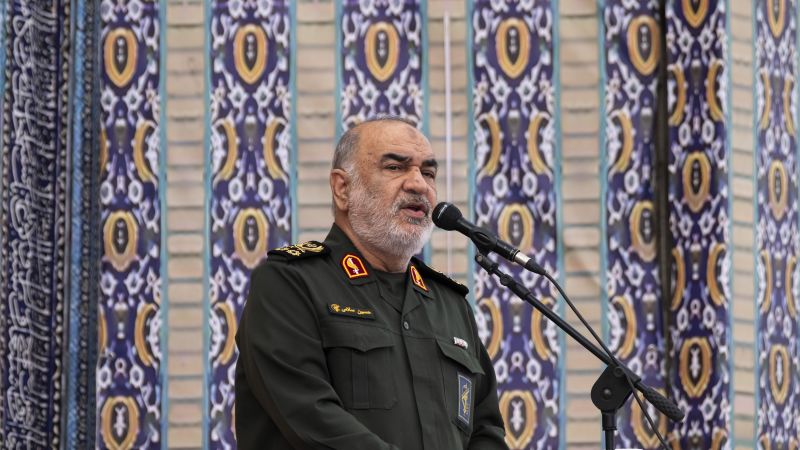Banned Baby Names Around the World: From 'Nutella' to 'King' - Why These Names Are Off-Limits

The most common reason for rejecting a baby name is to shield the child from potential ridicule and embarrassment. Imagine a child named 'Nutella' facing constant jokes throughout their school years! In many countries, officials have a responsibility to ensure a child's name won't negatively impact their future. This isn't about stifling creativity; it's about safeguarding a child's well-being and preventing a lifetime of teasing.
Beyond potential teasing, some names are banned due to their offensive or misleading nature. Names that are overtly sexual, derogatory, or referencing illegal activities are almost universally rejected. Furthermore, names that could be interpreted as promoting harmful ideologies or disrespecting cultural norms are also deemed unacceptable. This reflects a commitment to upholding societal values and ensuring names are respectful and appropriate.
Perhaps the most surprising category of banned names relates to patriotism. Some countries have laws restricting names that are associated with rival nations or those that could be perceived as undermining national identity. This is a sensitive issue, often rooted in historical conflicts or political tensions. While the concept might seem extreme, it highlights the powerful connection between names and national identity.
- Nutella: Banned in several countries, including France and Spain, due to concerns about potential teasing and the association with a commercial product.
- King/Queen: Often rejected as being overly grandiose or presumptuous.
- @: New Zealand famously banned the symbol '@' due to its association with email addresses.
- Superman: Banned in Argentina.
- Talula Does the Hula From Hawaii: A lengthy and unusual name rejected in New Zealand.
The process for determining acceptable names varies from country to country. In some nations, a government committee reviews proposed names, while in others, local registrars have the authority to reject names they deem unsuitable. The legal basis for these restrictions typically stems from laws protecting children's rights and upholding public order. The specific criteria for rejection can be vague, leading to occasional disputes and appeals.
As naming trends evolve and cultural norms shift, the list of banned names is likely to change. The ongoing debate about freedom of expression versus the need to protect children’s well-being will continue to shape naming regulations around the world. Parents seeking unique names should research the specific laws and guidelines of their country to avoid disappointment.






